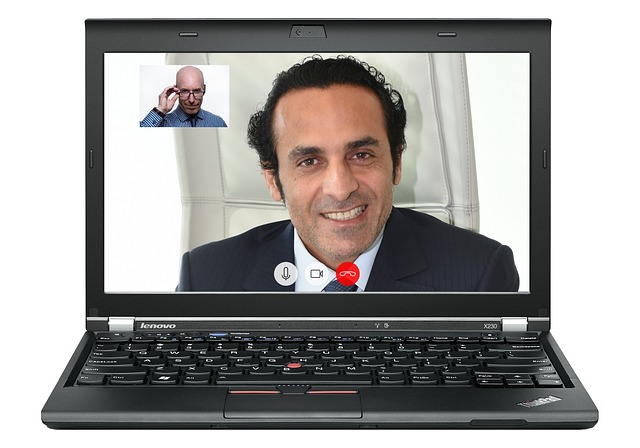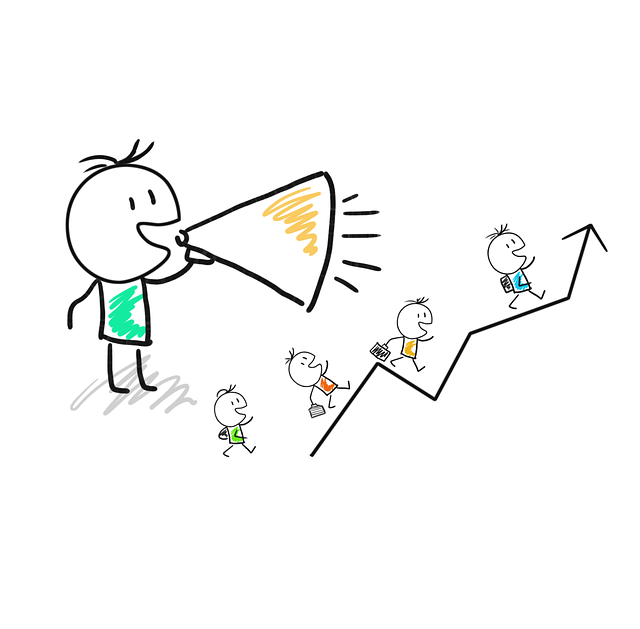
Mentoring can help you achieve your goals and help individuals unlock their full potential. As someone who has benefited greatly from mentoring, I can confidently say that it has played a crucial role in my personal and professional development. Mentoring involves a supportive and nurturing relationship between an experienced individual (the mentor) and someone seeking guidance and growth (the mentee). In this article, I will explore the various aspects of mentoring and how it sets the stage for achieving your goals.
Benefits of Mentoring
Mentoring offers numerous benefits that can positively impact both the mentor and the mentee. For the mentee, having a mentor provides invaluable guidance, support, and encouragement. Mentors can offer insights based on their own experiences, helping the mentee navigate challenges, make informed decisions, and avoid common pitfalls. Additionally, mentors can broaden the mentee’s professional network by introducing them to their own contacts and helping them establish meaningful connections.
On the other hand, mentors also benefit from the mentoring relationship. Mentoring allows mentors to give back by sharing their knowledge and expertise. It provides an opportunity for mentors to develop their leadership and coaching skills, as well as gain fresh perspectives from the mentee. Moreover, mentoring can be a source of personal fulfillment, as mentors witness the growth and success of their mentees.
Types of Mentoring Relationships
Mentoring relationships can take various forms depending on the specific needs and goals of the individuals involved. Formal mentoring programs are often structured and facilitated by organizations, connecting mentees with mentors who have relevant expertise and experience. These programs typically have a defined duration and specific objectives.
Informal mentoring relationships, on the other hand, develop naturally and organically. They often arise from existing professional or personal connections, where a more experienced individual takes on the role of a mentor to guide and support the less experienced individual. Informal mentoring can be just as impactful as formal mentoring, as it is based on mutual trust and genuine care for each other’s growth.

Finding a Mentor
Finding the right mentor is a crucial step in the mentoring process. When seeking a mentor, it’s important to identify someone who has the expertise, experience, and qualities that align with your goals and aspirations. Start by considering individuals within your professional network or industry who you admire and respect. Reach out to them and explain why you believe they would be a great mentor for you.
Additionally, professional organizations, networking events, and online platforms can be valuable resources for finding mentors. These platforms often have mentorship programs or forums where you can connect with potential mentors who share your interests or career path. Remember that finding the right mentor may take time and effort, but the benefits of a strong mentoring relationship are well worth it.

Setting Goals with Your Mentor
Once you have found a mentor, it is important to establish clear goals and expectations for the mentoring relationship. This will ensure that both you and your mentor are aligned and working towards the same objectives. Start by reflecting on your own goals and aspirations. What do you want to achieve through this mentoring relationship? Share your goals with your mentor and discuss how they can support you in reaching them.
A mentor can help you refine and prioritize your goals, providing guidance on the steps you need to take to achieve them. They can also help you set realistic timelines and milestones to keep you motivated and accountable. Remember that goal-setting is a collaborative process, so be open to feedback and suggestions from your mentor. Together, you can create a roadmap that will empower you to achieve your full potential.

Establishing a Productive Mentorship Relationship
Building a productive mentorship relationship requires effort and commitment from both the mentor and the mentee. Communication is key in establishing a strong foundation for the relationship. Regularly scheduled meetings or check-ins can provide a structure for ongoing discussions and progress updates. Be open and transparent with your mentor about your challenges, fears, and aspirations. This will allow them to provide tailored guidance and support.
In addition to regular meetings, it is important to maintain open lines of communication outside of formal settings. This can include emails, phone calls, or even informal meetups. Cultivating a genuine connection and rapport with your mentor is crucial, as it fosters trust and mutual understanding. Remember to express gratitude for your mentor’s time and guidance, as their support is invaluable in helping you achieve your goals.

Overcoming Challenges in a Mentorship
Like any relationship, mentorships can encounter challenges along the way. It is important to be prepared for potential obstacles and have strategies in place to address them. Lack of communication or misalignment of expectations can hinder the progress of the mentoring relationship. Regularly reassess your goals and communicate any changes or concerns to your mentor.
Additionally, both the mentor and the mentee should be open to feedback and willing to adapt. Constructive feedback allows for growth and improvement, so embrace it as an opportunity to learn and develop. If conflicts arise, approach them with respect and a willingness to find a resolution. Remember that challenges are a natural part of any mentoring relationship, and overcoming them can lead to even greater growth and success.

Mentoring for Career Development
One of the most common reasons individuals seek mentoring is to enhance their career development. A mentor can provide guidance on navigating career decisions, such as choosing the right career path, exploring new opportunities, or advancing within a current role. They can share insights on industry trends, help you develop new skills, and provide advice on professional development opportunities.
Moreover, mentors can also play a crucial role in helping mentees build their professional network. Introductions to key individuals within the industry or access to networking events can significantly expand your opportunities for career growth. A mentor can also serve as a valuable advocate, recommending you for new roles or opportunities based on their firsthand knowledge of your skills and potential.

Mentoring for Personal Growth
While mentoring is often associated with career development, it can also have a profound impact on personal growth. A mentor can provide guidance and support in various aspects of your life, helping you gain clarity, develop self-awareness, and build resilience. They can offer valuable insights on work-life balance, stress management, and personal well-being.
Additionally, mentors can serve as role models, inspiring you to strive for excellence and pursue your passions. They can offer perspectives and life lessons based on their own experiences, helping you navigate personal challenges and make informed decisions. A mentor can also encourage you to step out of your comfort zone, take risks, and embrace new opportunities for personal growth.

How Mentoring Can Help You Achieve Your Goals
Mentoring is a powerful tool that can significantly enhance your journey towards achieving your goals. By providing guidance, support, and insights, a mentor can help you stay focused, motivated, and accountable. They can help you identify and overcome obstacles, learn from their own experiences, and provide a fresh perspective on your goals and aspirations.
Moreover, mentoring can also provide a sense of validation and encouragement. Having someone believe in your potential and invest in your growth can boost your confidence and self-belief. A mentor can help you recognize and leverage your strengths, as well as identify areas for improvement. With their guidance, you can unleash your full potential and take meaningful steps towards achieving your goals.

Conclusion
Mentoring is a transformative process that can unlock your full potential and set the stage for achieving your goals. Whether you seek career development or personal growth, finding the right mentor can provide invaluable guidance, support, and inspiration. By establishing clear goals, maintaining open communication, and embracing feedback, you can cultivate a productive and fulfilling mentorship relationship. With the guidance of a mentor, you can overcome challenges, develop new skills, and ultimately achieve your aspirations. So, don’t hesitate to seek out a mentor and embark on a journey of growth and success.
CTA: If you’re ready to unleash your full potential and achieve your goals, take the first step by finding a mentor who can guide and support you on your journey. Reach out to your professional network, explore mentorship programs, and don’t be afraid to ask for help. Remember, with the right mentor by your side, you can soar to new heights and achieve what you once thought was impossible.
